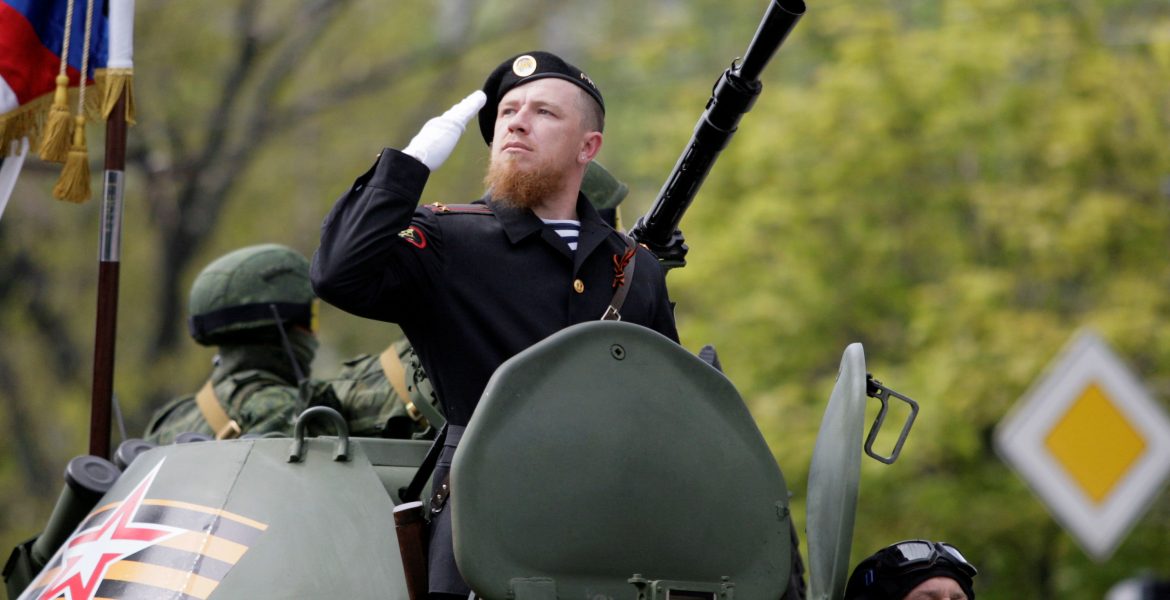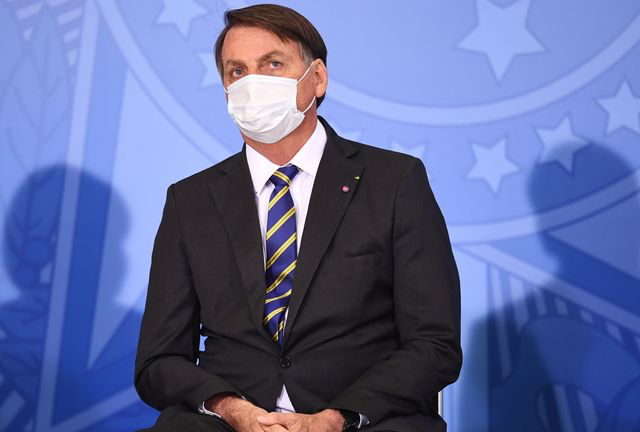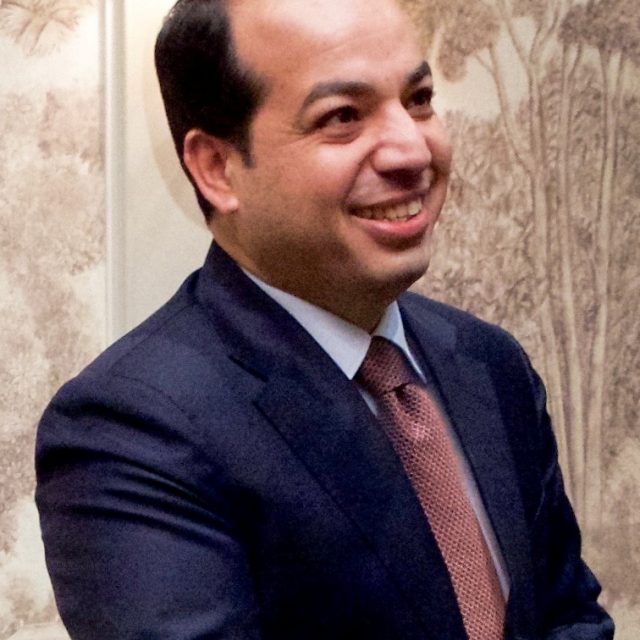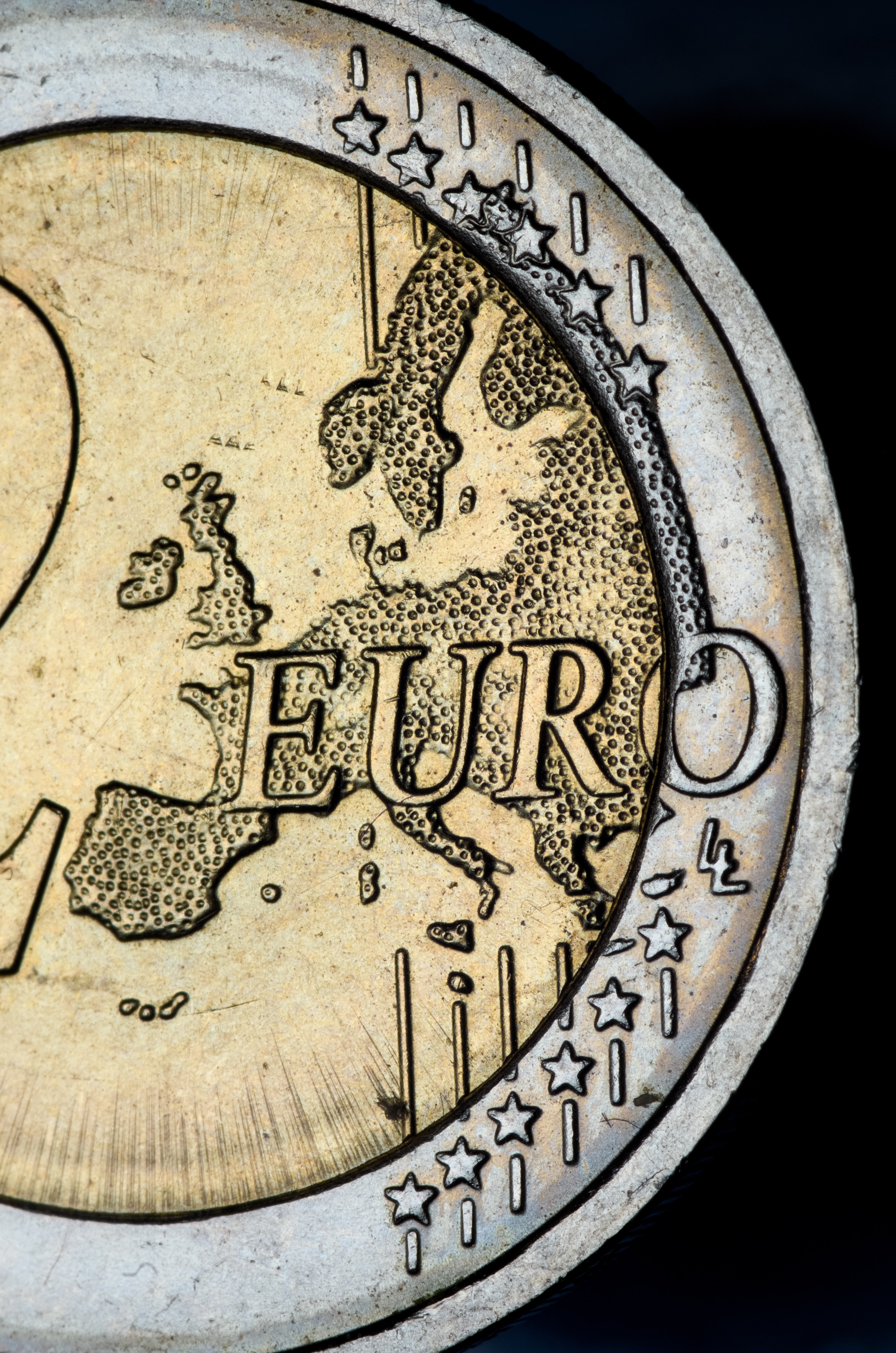The dominant role of Russia in the post-Soviet space is an illusion and a delusion. Moscow is no longer seen by its neighbours as a centre of political, military and economic integration. Over the past 30 years, the Kremlin has not provided a viable ideological basis for unification.
Russia considers the post-Soviet countries to be in the zone of its long-term strategic interests. However, Moscow’s policy towards its neighbours has recently ceased to be planned or purposeful. The Kremlin is losing loyalty not only from the politicians of neighbouring countries, but also from its business and citizens. The main contours of the strategy were the inertia of Soviet-imperial domination with the obvious prevalence of the military threat as the last “argument.”
The $30 billion spent (according to the World Bank’s estimates) to buy loyalty from regimes in different countries did not bring Moscow the results expected. Russia has lost its influence among all the countries of the European part of the former socialist camp – Armenia, Georgia, Ukraine, Moldova, Belarus. In Central Asia, the situation is similar.
However, defeats in the CIS countries are not isolated. Moscow is rapidly losing its influence in the states of the former socialist bloc. The diplomatic scandal with the Czech Republic, as well as its reasons, became a vivid example of the complete loss of instruments of influence in Eastern Europe, as well as the vacuum of reciprocal steps. As a result, the state, which is dozens of times inferior to Russia both in terms of territory and population, has become a kind of leader in Europe in the political confrontation with Moscow and the “competition” for the expulsion of diplomats.
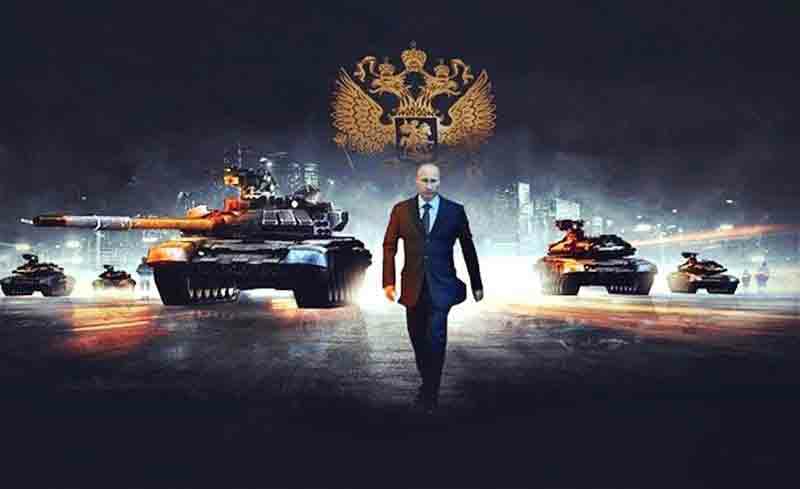
As a result, the Kremlin has failed to form any post-Soviet regime loyal to itself in the long term. In addition, Putin’s system has failed to create any viable state in the numerous occupied territories. Moscow becomes a hostage to the conflicts it has fired up in the regions, since it is forced to support pseudo regimes with finance and military aid and is experiencing sanctions pressure for this.
The overthrow of Russia as the favourite of one-sixth of the land, its overthrow from the pedestal of the regional leader, took place gradually. The irreversibility of this process became apparent at the beginning of last year. Then the energy, epidemiological, economic and social crises exposed the Kremlin’s inability to confront contemporary challenges. Further developments showed that the Kremlin regime could not cope with other challenges that a candidate for superpower should not have – the rapidly growing poverty of the population and protest activity, which began to pose a serious threat to the regime.
As a result, Russia is now no longer a world leader, and cannot even be considered as an applicant for this status.
The Kremlin’s single pursuit of leadership was initially doomed to failure. The dominant position of the United States in the international arena is based on partnership and a system of long-term alliances. This creates a cumulative effect in promoting the common interests of the Western coalition. And the United States itself makes it possible to act as the leader of the liberal community with the appropriate authority, backed by economic and military might. At the same time, Russia, with its share of the world economy at just over 1%, is only capable of creating points of tension without guarantees of the safety of manual modes. This was clearly demonstrated by the Nagorno-Karabakh conflict, where Azerbaijan, with the support of Turkey, regained the autonomous territories seized by Armenia. This led to a government crisis in Yerevan, which forced Armenian Prime Minister Pashinyan to resign. As a result, Ankara ousted Moscow in regional leadership in the Caucasus and created the prerequisites for expanding its influence in the Turkic republics of Russia itself.
Moscow is not capable of blocking the political offensive of the West. External actors are gradually ousting the “Russian world” from the republics of the former USSR, providing a more attractive model of development, nurturing a loyal political establishment, creating instruments of social influence, and supporting political transformation. The methods of the Western coalition revealed the weakness of the political technologies of the Russian Federation, their inconsistency with the requirements of the time. While the Kremlin was buying the loyalty of corrupt elites, the West was shaping social institutions, creating political elites, and developing instruments of influence.
As a result, Russia misses blow after blow on the external circuit, and international pressure increases. Failures in the international arena have become so catastrophic that at the end of last year they actively started talking about changing the head of the Russian Foreign Ministry Lavrov. However, the Russian Foreign Ministry is just one of the instruments of the system, and the responsibility for its failures lies with the owner of the Kremlin.
That is why, during his address to the Federal Assembly, Putin paid little attention to issues of external positioning and the Kremlin’s plans to resolve pressing problems. The entire external case was briefly outlined by reference to Rudyard Kipling and further accusations against the West and its supporters. At the same time, the concept of “unfriendly countries” appeared in Russian legislation. Putin made it clear that Russia will always find a way to defend its position against those countries that communicate in an arrogant tone, and will respond asymmetrically and very harshly.
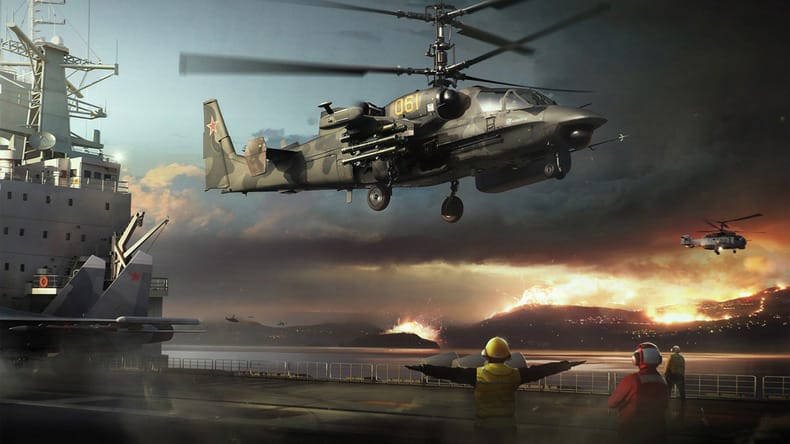
The leadership of the Russian Federation seems to be finally passing into the state of a “besieged fortress” and now determines the red lines, which have narrowed at the moment to Ukraine and Belarus. The fact that after the “exercises” on the borders with Ukraine, Russian troops left most of the military equipment in the surrounding areas, suggests that Putin has not abandoned the possibility of the next round of the struggle for Ukraine, or its conquest.
The threat of military expansion is still relevant for Kyiv and Minsk. It also means that Putin will stop at nothing to implement his imperial and revanchist plans for the post-Soviet space, since their failure is tantamount to the fall of his regime and, possibly, the collapse of Russia. That is why the “hotheads” among the political leadership of the Russian Federation, as well as the pro-Kremlin media, have begun to talk more often about the possibility of using tactical nuclear weapons to protect national interests.
Such behaviour of Russia in the foreign arena and the articulation of its militant intentions should not go unanswered by the world community.

